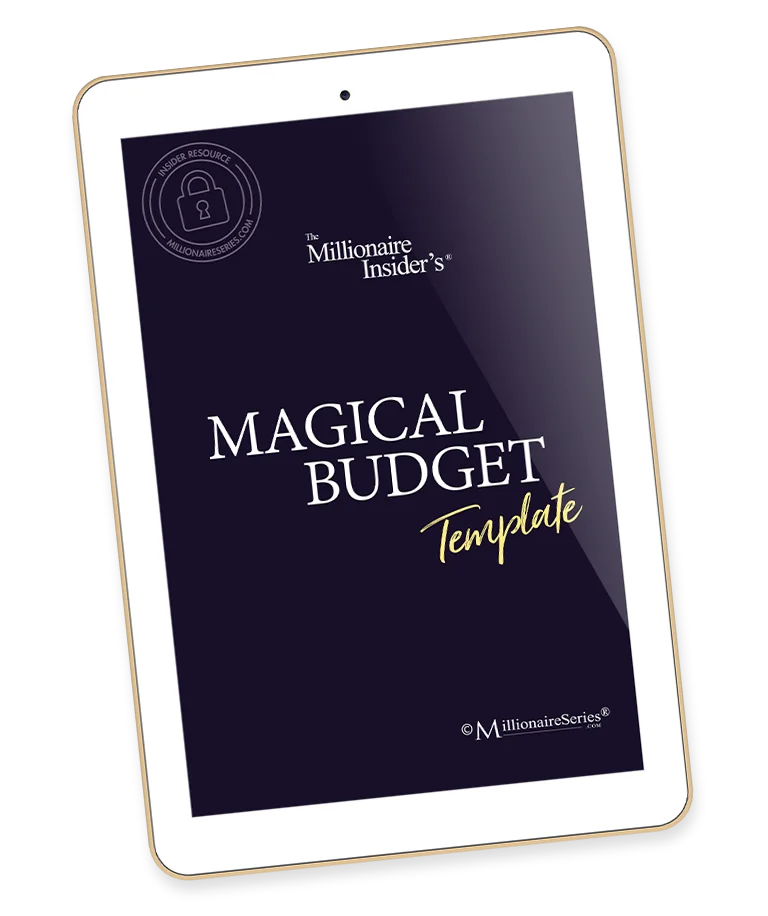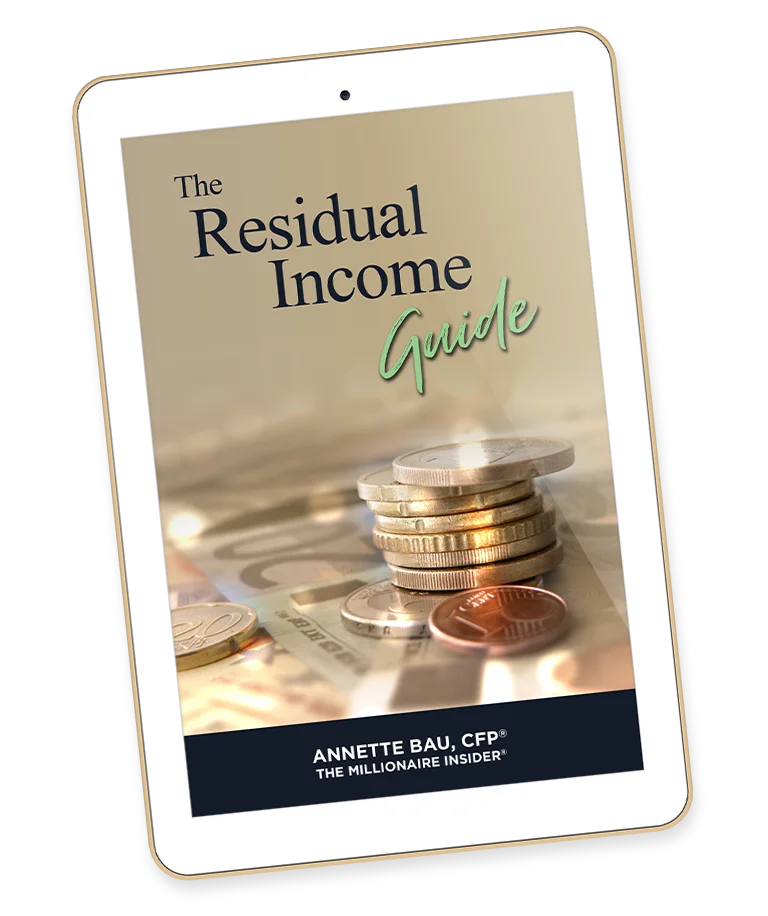Retirement is a significant milestone in life, a new chapter. Most people want to retire with enough money to ensure they don’t have to return to work. And because most people want to know how much is enough to avoid running out of money, we are diving into a popular question: “Is $5 Million Enough to Retire?” Others want to know if $1 million is enough. As you will discover, the number isn’t as significant as where you retire, your spending habits, and your discipline.
In this post, we will dive deeper into the various considerations.
Determining the Amount of Money You Need
One of the most important steps is determining how much money you need.  Several factors influence this decision.
Several factors influence this decision.
Cost of Living and Location
One of the most critical factors impacting retirement is the cost of living.
Where you live also impacts the cost of housing, healthcare, and everyday expenses.
Living in the rural Midwest differs greatly from New York City or San Francisco.
Living in a smaller town generally has a lower cost of living, and $5 million will likely provide a comfortable retirement if you do not live extravagantly.
Urban communities typically have higher expenses for housing, utilities, and transportation. Cities usually offer more amenities and healthcare facilities, but these come at a higher cost.
Rural communities generally offer a less expensive lifestyle. However, they lack some of the conveniences and healthcare options available in larger cities.
Domestic vs. International
Some retirees move abroad to take advantage of lower living costs in other countries. Many popular retirement destinations offer lower living expenses. But it would be best if you did the research. We own a condo outside the US, and many items, including food, maintenance, and supplies, are more expensive.
Some services, such as massages, medical, labor, and rent, are less expensive.
If you plan to move abroad, it is essential to carefully plan and consider factors such as healthcare quality, cultural differences, and visa regulations.
Regardless of where you live, consider taking an extended vacation and trying it out before making a permanent move.
Lifestyle and Spending Habits

Your lifestyle choices, including spending habits, are a huge determinant of whether $5 million is enough for retirement. A retiree who consciously spends, follows a spending plan, and avoids extravagant expenses is likelier to retire successfully with a million in retirement savings.
An individual with a luxurious lifestyle may struggle to make the same amount last.
Need vs. Want Spending
Essential “need expenses” include housing, insurance, food, healthcare, and transportation are non-negotiable costs that every retiree must cover. “Want spending” provides entertainment, dining out, travel, and hobbies.
Separating need and want spending is critical in determining how much is enough to retire.
Budgeting and Discipline
Creating and sticking to a budget is a critical first step to determining how much money you need in retirement. Effective budgeting requires financial discipline. This includes reviewing expenses, making real-time adjustments, and avoiding unnecessary expenses and consumer debt.
Retirees who manage their finances well are more likely to make their savings last throughout their retirement years. There is nothing enjoyable about running out of money or being forced to return to work.
Healthcare Costs
Healthcare is a significant concern for most retirees and a primary cause of financial mistakes. Additionally, you will need to plan for medical and long-term care expenses that typically increase with age. The cost and availability of healthcare can vary widely depending on location and individual health conditions.
Medical, Insurance, and Long-Term Care

Medicare and supplemental insurance plans can help cover some healthcare costs, but out-of-pocket expenses such as deductibles, co-pays, and uncovered services can add up. Long-term care coverage and insurance, which Medicare does not typically cover, can be expensive. Many people choose hybrid long-term care coverage over a traditional plan. Premiums are generally more expensive and tend to increase over time.
Health Status and Longevity
An individual’s life expectancy and health status are significant factors in healthcare costs. Those with chronic conditions or requiring long-term care will face higher expenses. Creating a plan with a qualified advisor is essential to ensure you have adequate money in retirement.
Inflation
Inflation erodes our purchasing power. This means goods cost more, and our money is worth less.
Over time, even modest inflation can reduce the value of $5 million over a long retirement period.
It is a good idea to create a plan to mitigate the effects of inflation, such as investing in assets that historically outpace inflation, like stocks or real estate.
Investment Strategy
The performance of investments can significantly impact the sustainability of retirement savings.
A diversified investment portfolio that balances risk and return is crucial for maintaining and growing retirement savings.
An investment plan may include stocks, mutual funds, bonds, cash, and equivalents. It requires that you manage risk and generate income. A qualified financial advisor can help you develop an appropriate investment strategy.
Additional Income Sources
Passive and residual income sources are a great way to ensure you have sufficient funds in retirement. 
Social Security Benefits
For most retirees, Social Security benefits and other income sources are vital in supplementing retirement savings. The amount of Social Security one receives depends on factors such as work history, earnings, and the age at which benefits are claimed.
Maximizing Social Security benefits involves strategic planning, including determining when to begin receiving benefits. Delaying benefits until reaching full retirement age or beyond can result in higher monthly payments.
Guaranteed Income Streams
Annuities can be an effective strategy to generate a guaranteed stream of income. They can also ensure you will not run out of money in retirement.
Pensions, part-time work, rental income, and annuities can provide additional financial security in retirement. Diversifying income sources reduces reliance on retirement savings and provides a buffer against unexpected expenses.
Other Factors to Consider
Stock market performance
Actual rate of return and savings goals you need to ensure you can retire comfortably
Where to invest your nest egg and confirm your savings goals
Research on the amount of social security income you will need
If you can afford to retire at 65, earlier, or later
Frequency of reviewing your retirement account
Health care costs at age 65 and throughout your retirement
Conclusion – Is $5 Million Enough to Retire?

While a million dollars may seem like a lot of money, you need to confirm it is.
Determining how much money is enough depends on many factors, including income sources, living expenses, inflation, lifestyle choices, and healthcare needs.
Proper planning and financial management are essential to create a financially secure retirement you love.
Pre-retirees and retirees should consider hiring a financial advisor who can help them develop a personalized retirement plan tailored to their specific situation.
Disclosure
The Millionaire Insider® copyrights all materials and intellectual property.
This information is for educational purposes only. It is not intended to replace the advice of any advisor or specialist, nor to provide investment, financial, tax, retirement, planning, or healthcare advice.
Always consult with a qualified professional before making any financial decisions or changes.
